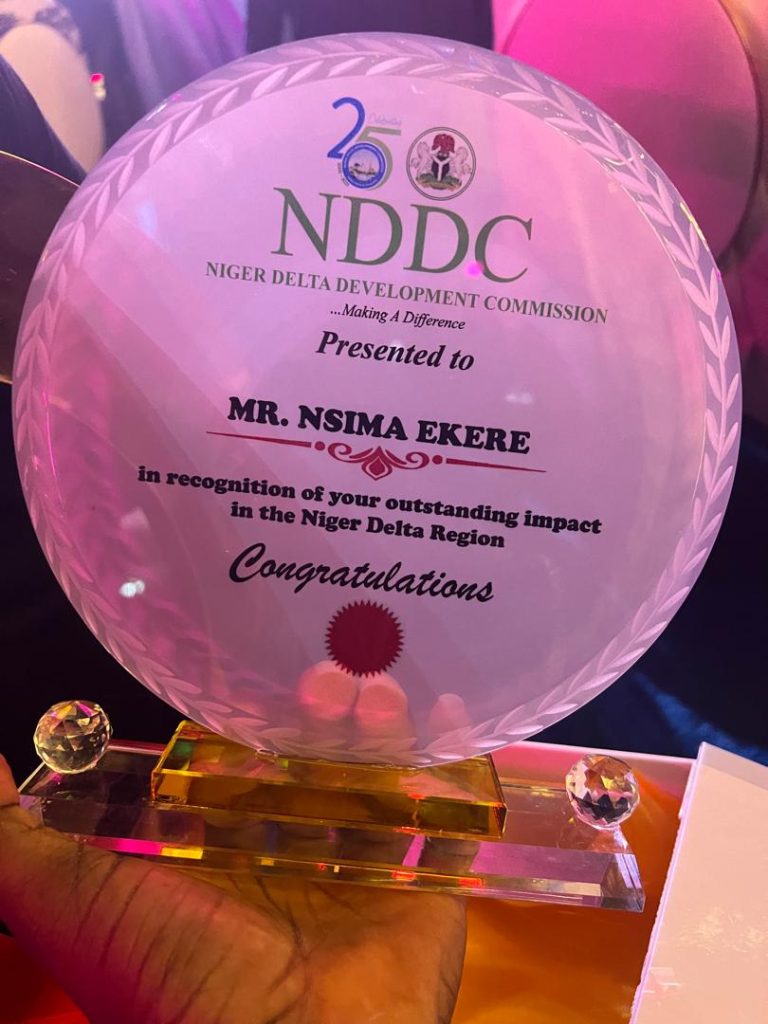Economy
Lagos: A city of extremes, seven times the population of Wales

Lagos, Africa’s busiest city, is a metropolis of staggering proportions.
With over 21 million people packed into a mere 452 square miles, it’s a hub of humanity that’s both captivating and overwhelming.
To put that into perspective, Lagos has nearly seven times the population of Wales, which has about 3.1 million people.
Wales is a developed country but ironically Lagos State is part of the Nigerian nation which is currently grappling with economic hardship, insecurity and other debilitating woes
Lagos experiences rapid growth, with an estimated 275,000 people moving to the city every year.
This growth has led to the development of new neighborhoods and infrastructure, including the construction of new bridges and roads.
Despite the challenges that come with rapid urbanization, Lagos remains a vibrant and dynamic city, attracting people from all over Nigeria and beyond.
The city’s landscape is however a tapestry of contrasts, where opulence and poverty, progress and chaos, coexist in a delicate balance.
*Traffic and Congestion
Lagos is notorious for its traffic jams, which have become an integral part of the city’s fabric.
Cars inch along, bumper to bumper, as frustrated drivers navigate the congested roads.
The gridlock has spawned a thriving informal economy, with vendors selling everything from food and drinks to household items and international currency exchange services.
Motorists can grab a quick snack or even exchange currency without leaving their vehicles.
*Economic Growth
Despite the chaos, Lagos is experiencing rapid economic growth, driven by its strategic location on Nigeria’s southern coast.
The city has become a hub for production and transportation, attracting investments from local and international businesses.
Aliko Dangote, Africa’s richest man, has built one of the world’s largest oil refineries outside Lagos, spanning nearly 4,000 football fields in size.
The refinery, which opened in May 2023, is expected to produce 650,000 barrels per day once fully operational.
*Employment and Informal Economy
Unemployment in Lagos stands at just below 10%, with many residents employed in the formal economy or working in informal sectors.
Around 40% of the workforce is engaged in informal jobs such as waste recycling, car washing, and street vending.
While these jobs provide a livelihood, they often come with poor pay, lack of regulation, and hazardous working conditions.
*Crime and Safety Concerns
Lagos grapples with high crime rates, including drug trafficking, violent crime, armed attacks, and kidnappings of foreigners.
Cyber scams and cyber fraud have become increasingly prevalent in the city’s financial community.
The notorious “Area Boys” street gang, known for their involvement in drug trafficking and protection rackets, has a significant presence on many streets.
Alarmingly, children as young as eight or nine are reportedly recruited into the gang.
*Travel Warnings
The Canadian government advises against non-essential travel to Lagos, recommending avoidance of all unnecessary travel after dark.
This warning underscores the city’s reputation for crime and insecurity.
*Challenges and Opportunities
Lagos faces numerous challenges, from infrastructure deficits to environmental concerns.
However, the city’s resilience and adaptability have earned it a reputation as a hub for innovation and entrepreneurship.
As Nigeria’s economic powerhouse, Lagos continues to attract investors, entrepreneurs, and talent from across Africa.
*Urbanization and Development
Lagos’s rapid urbanization has led to the proliferation of informal settlements, with many residents living in tin and cardboard shacks beneath elevated motorways.
This stark contrast between poverty and progress underscores the need for sustainable urban planning and development.
*Conclusion
Lagos, Nigeria, is a city of extremes, where chaos and opportunity coexist. While its challenges are significant, the city’s energy, resilience, and economic potential make it an irresistible hub for business, innovation, and growth.
As Lagos continues to evolve, it remains a fascinating case study in urbanization, economic development, and the human spirit’s capacity to thrive in the face of adversity.
For Diaspora Digital Media Updates click on Whatsapp, or Telegram. For eyewitness accounts/ reports/ articles, write to: citizenreports@diasporadigitalmedia.com. Follow us on X (Fomerly Twitter) or Facebook












